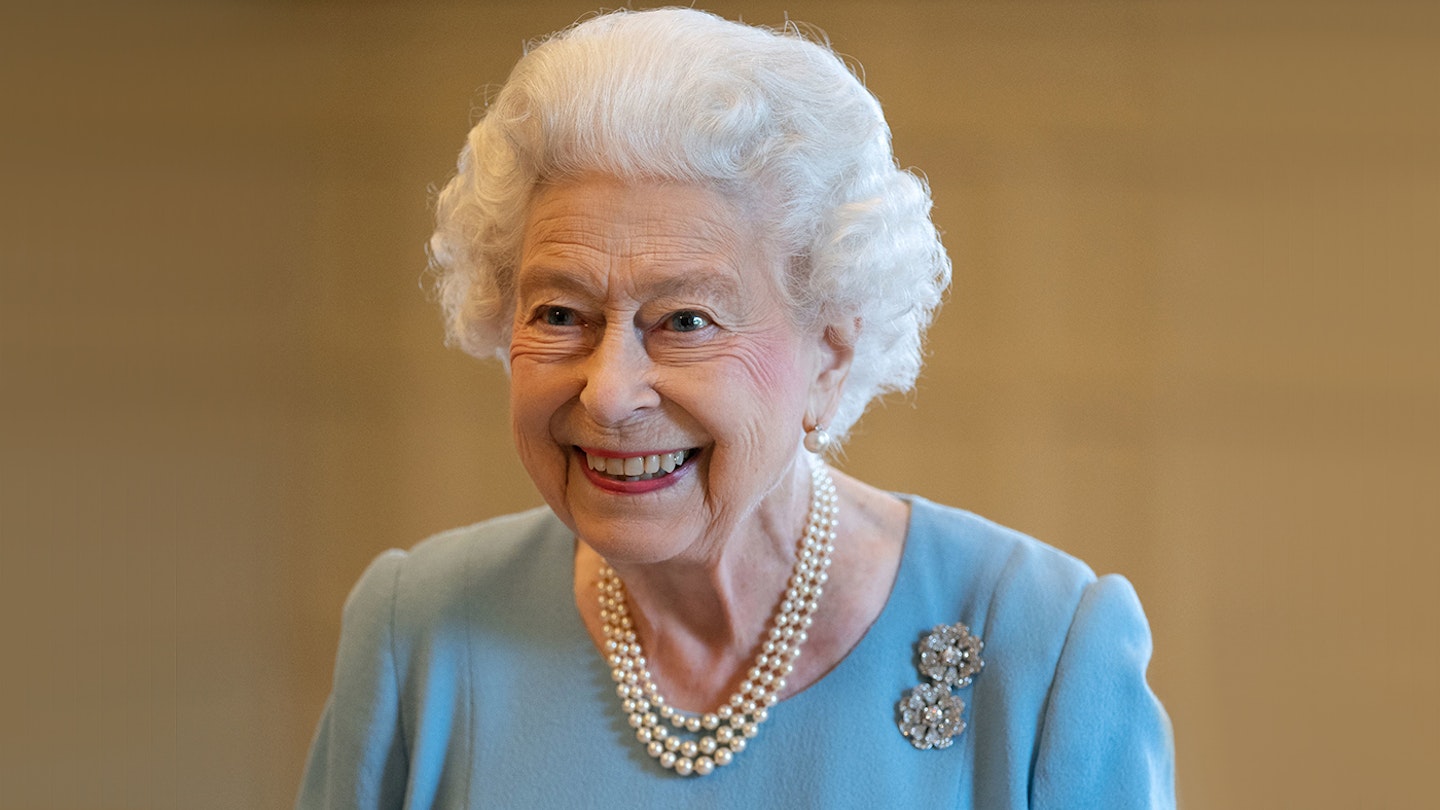Buckingham Palace has announced that Queen Elizabeth II, Britain's longest-reigning monarch has died at the age of 96.
There is now a time of national mourning, which will last until the Queen's funeral is held on Monday 19 September.
Will there be a bank holiday?
The funeral will be held at Westminster Abbey on Monday 19 September.
A bank holiday has been declared, so schools will be closed.
It is not yet clear if they will close at all before then. The Department for Education and devolved administrations are expected to issue advice.
Their latest communications with schools across the country was:
'We have now entered a period of national mourning that will continue until the end of the State Funeral.
'Guidance providing the public, businesses and institutions with advice on the period of national mourning following the death of Her Majesty Queen Elizabeth II will be issued by the Cabinet Office and available on GOV.UK.'
The Department for Education also advised schools to 'consider conducting special activities, holding assemblies or adapting planned lessons to reflect the period of national mourning and commemorate the life of Her Majesty.'
For now the advice is to wait to hear from your school to see what they plan to do in the coming days and weeks.
How to explain to children about death and funerals
When somebody dies, it can be really difficult to navigate discussions of grief and death with our children.
We may fear upsetting or frightening them or losing control of our own emotions in front of them. In fact, child psychologists agree that it’s healthier to be open about bereavement and death, than to hide everything away.
Children and young people tend to show feelings with behaviours rather than words, and they absorb and process information in different ways at different ages.
While the Queen was not a member of their family, she was a huge part of our nation, so they may encounter people who are upset and wonder why.
It is helpful to explain to children what a funeral is and why we have them, first explaining what death means to young children if necessary. Use simple words appropriate for the child’s age and understanding. It is important to use the real words such as ‘dead’ and ‘died’. Euphemisms including ‘lost’ or ‘gone to sleep’ may seem kinder, but for a child can cause confusion. Answer any questions they have but try to avoid going into more detail than is necessary.
If faced with a question you find difficult or are not sure how to answer, it can be helpful to ask the child what they think. This will give you an indication of how much the child already knows and understands.
